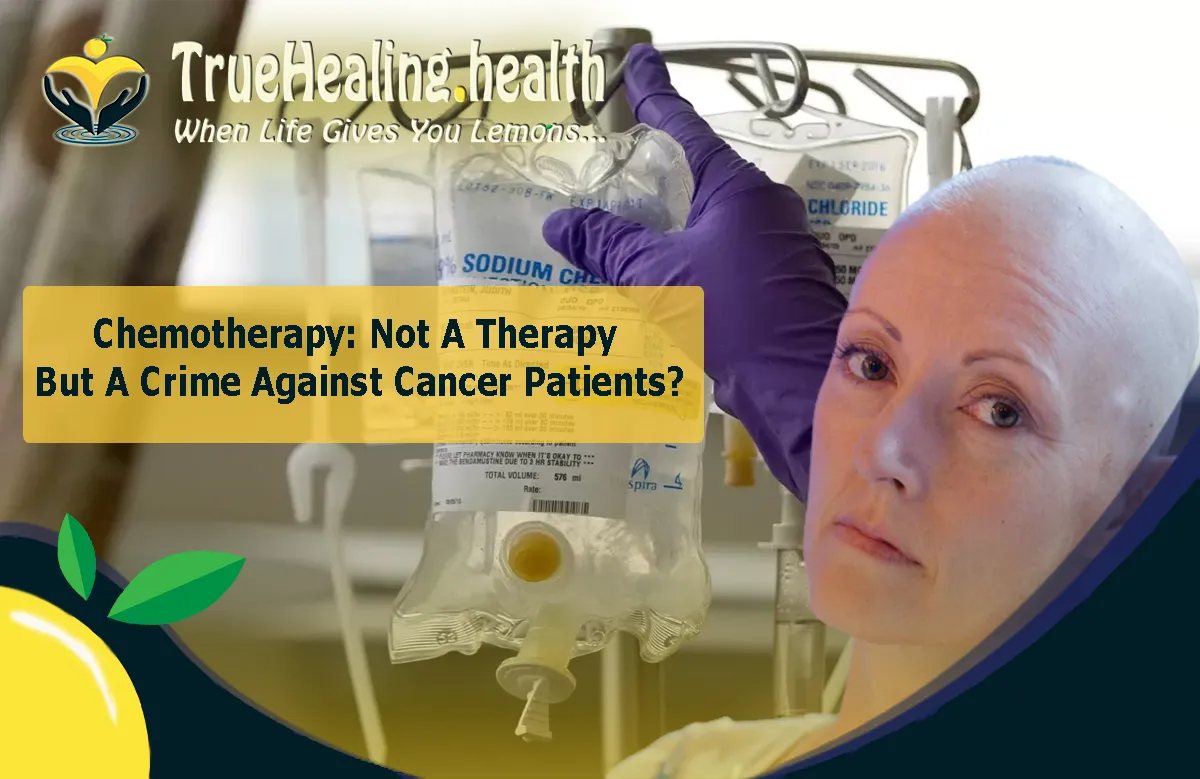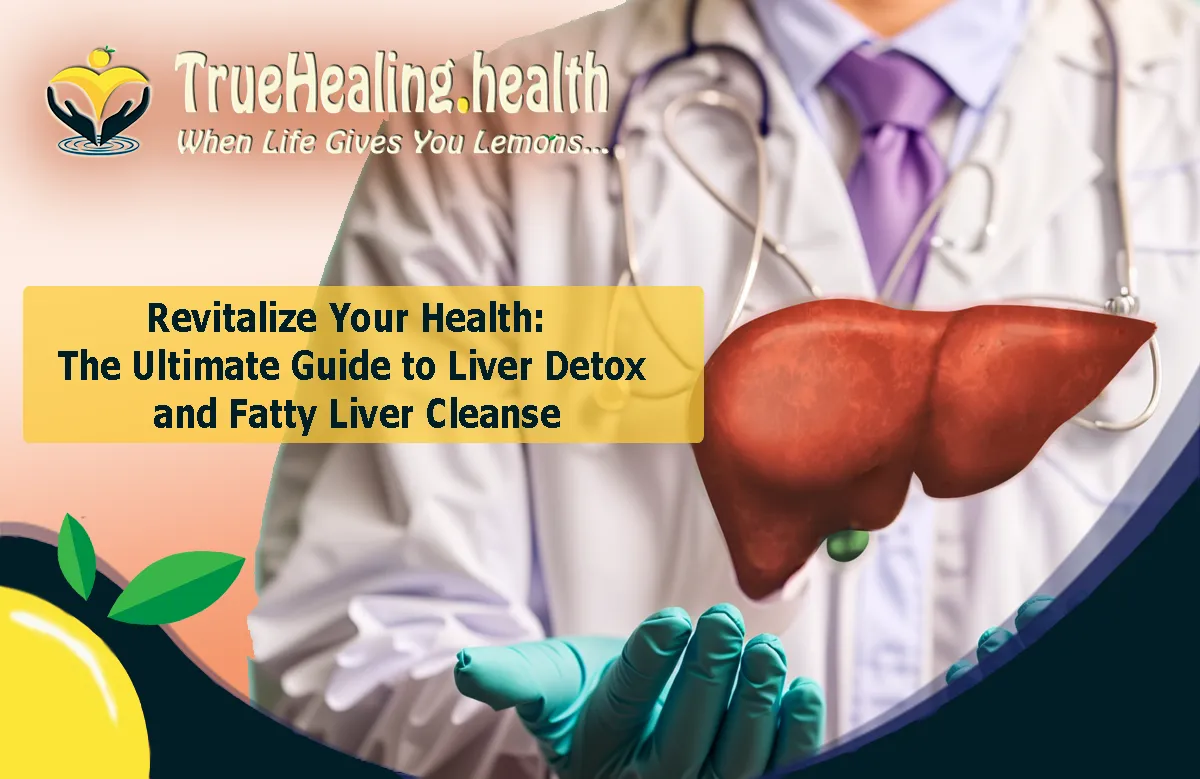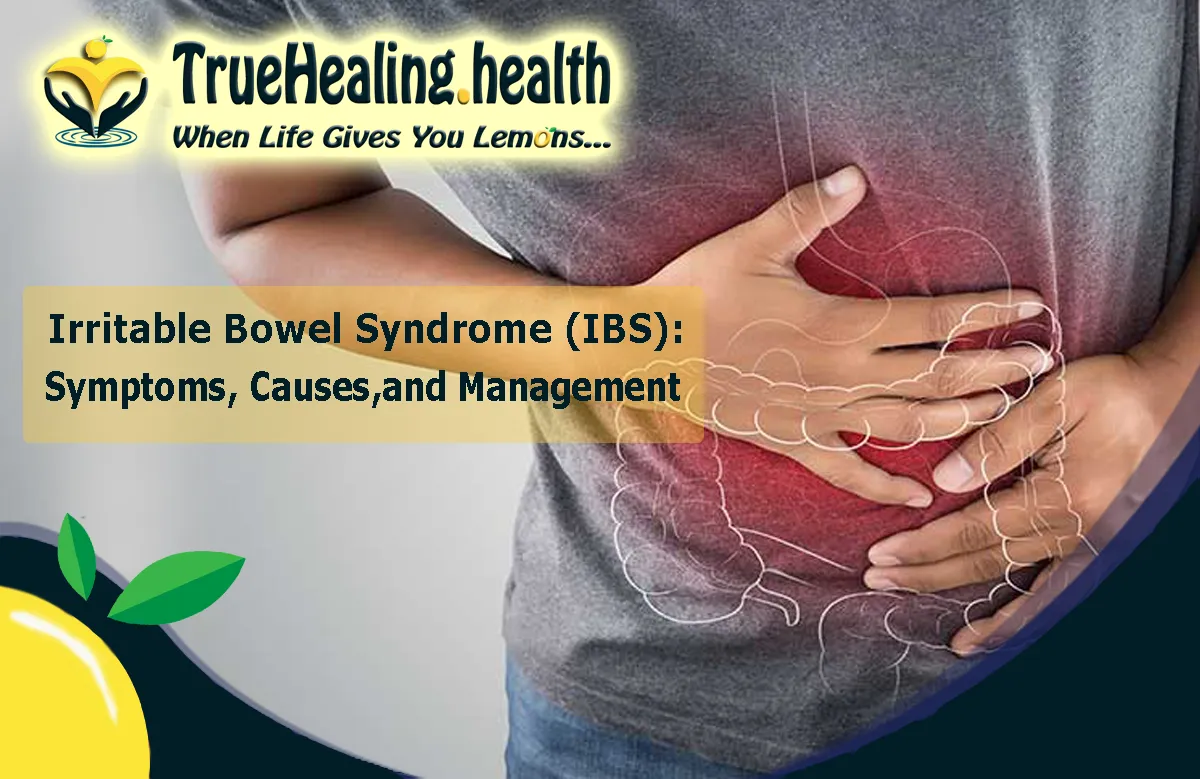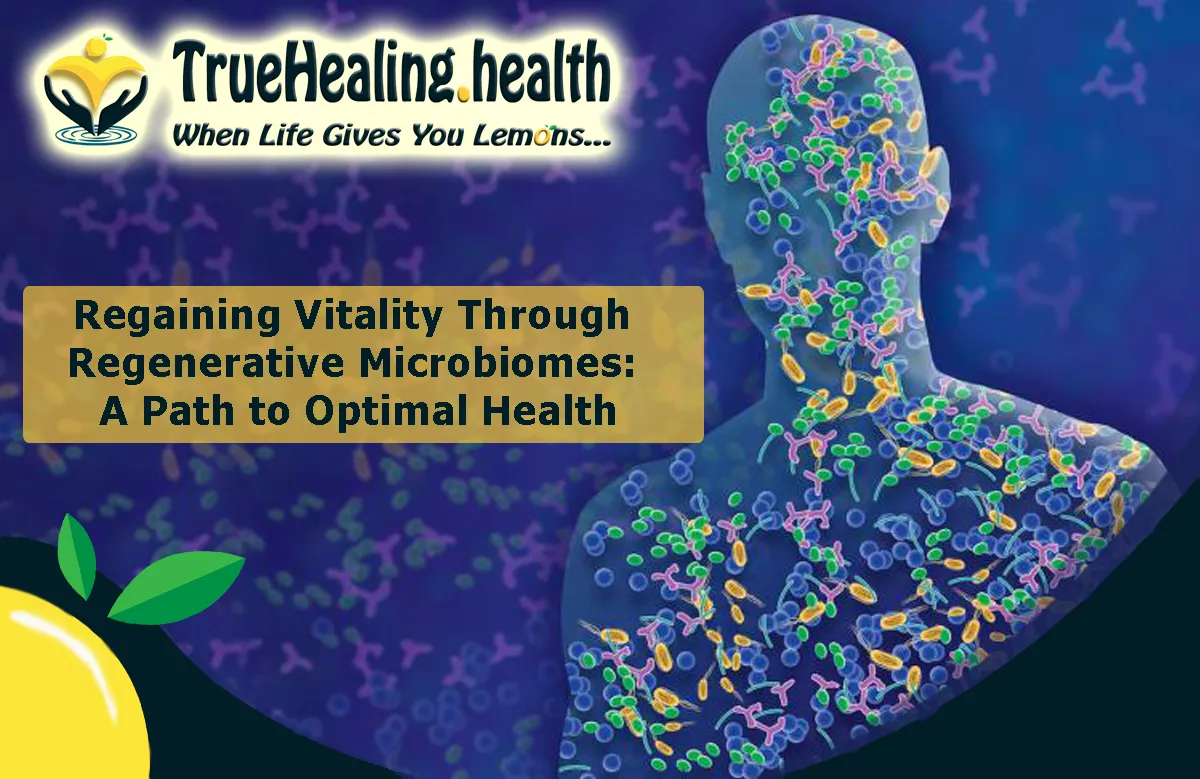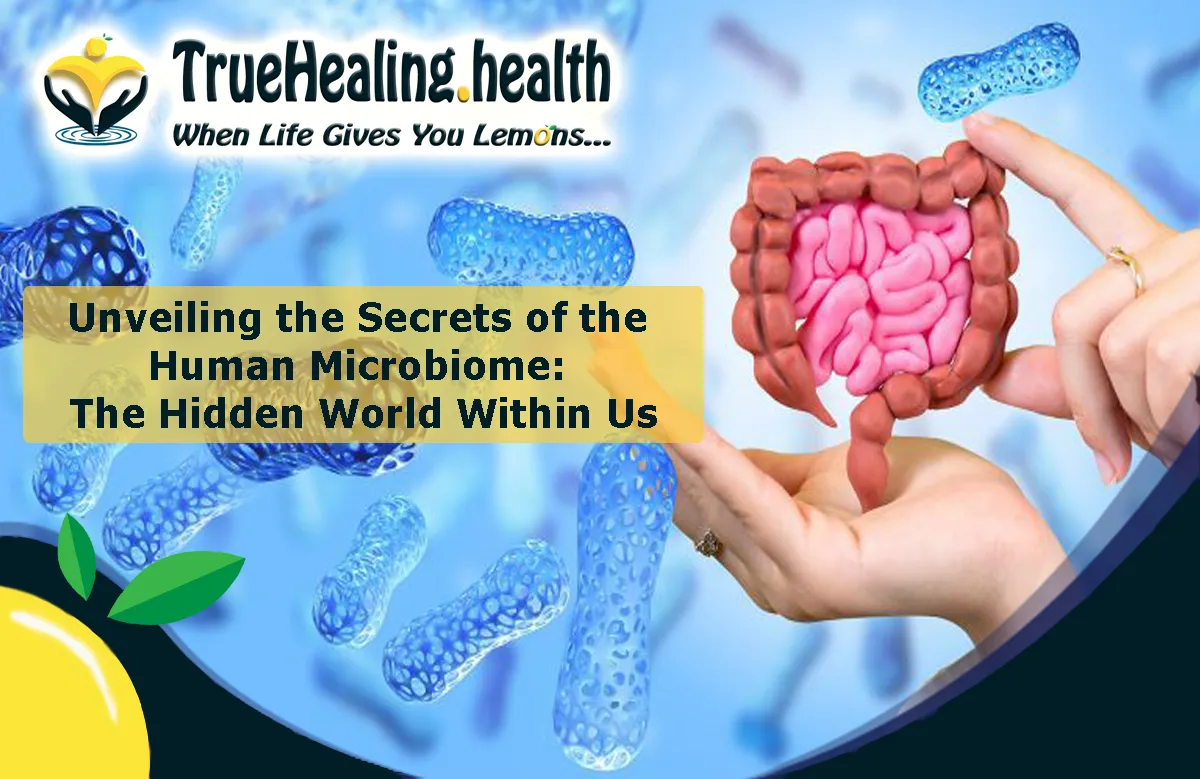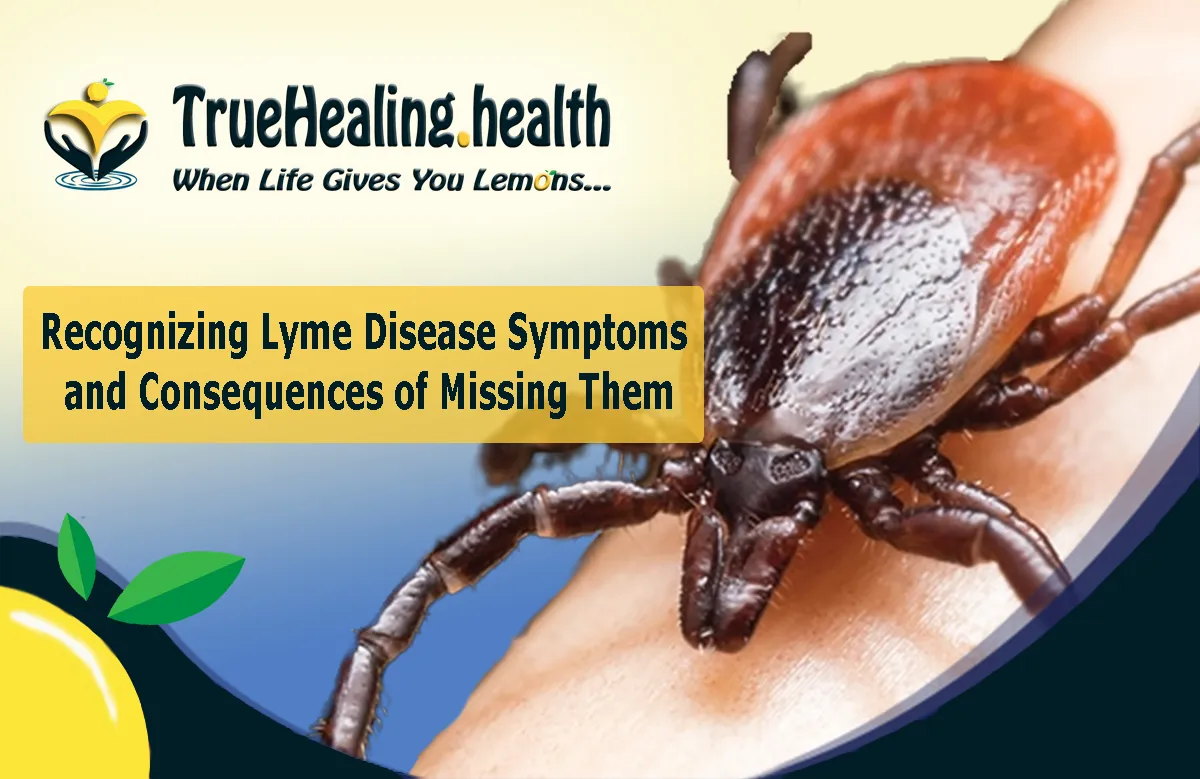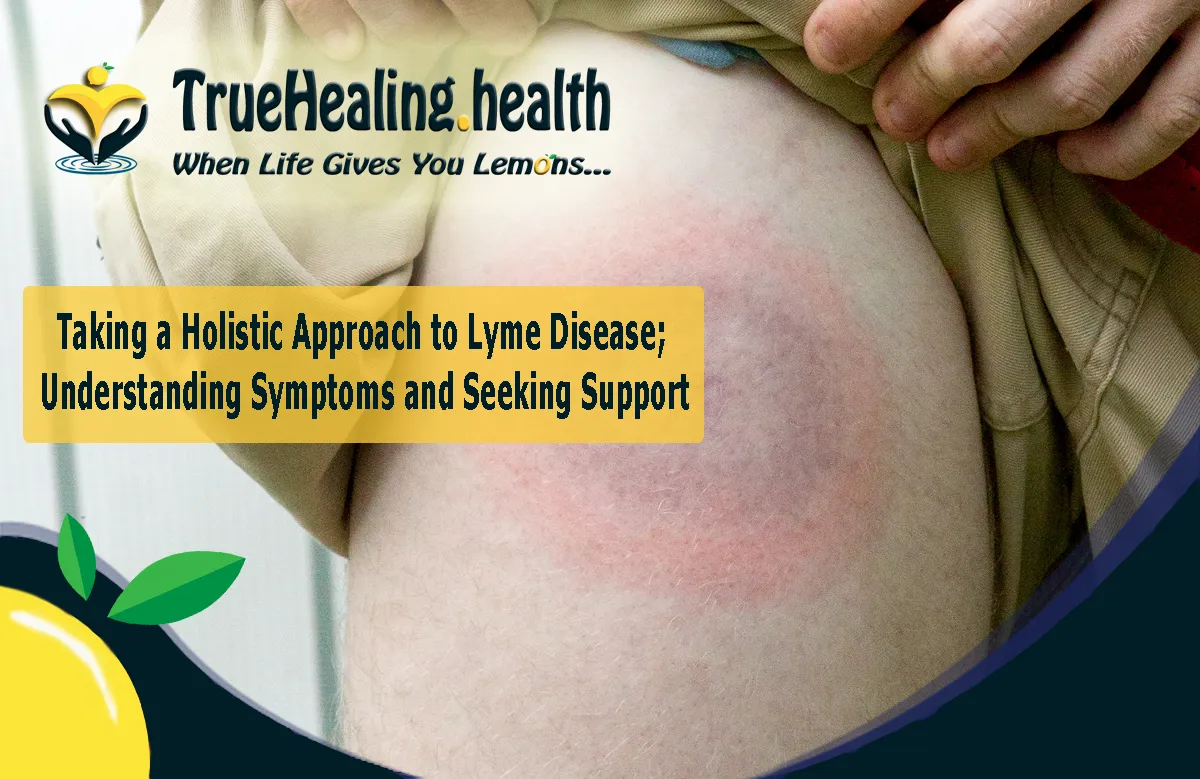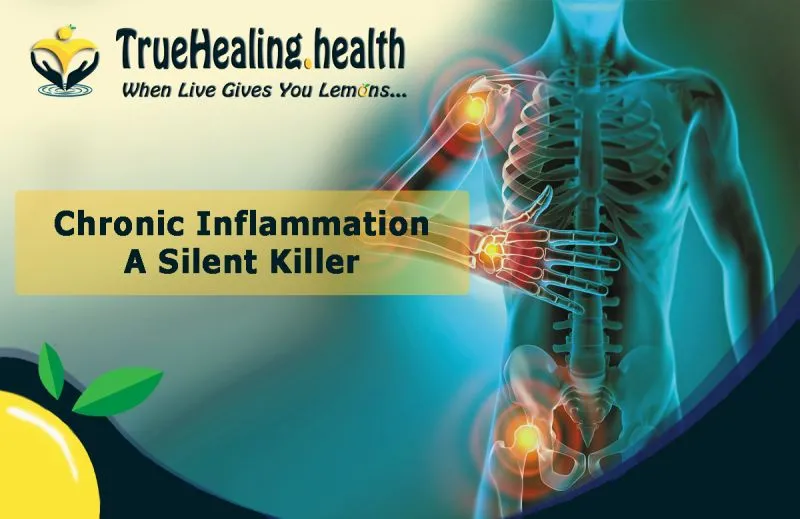Low Vitamin D Levels are associated with long covid syndrome in covid-19 survivors.
The Importance of Vitamin D for Long COVID Recovery: A Holistic Perspective
As a holistic healthcare professional, I understand many people's concerns about their health, especially in COVID-19. In this blog, I want to shed light on an essential aspect of long COVID recovery: the role of vitamin D. Recent research has revealed a significant association between low vitamin D levels and long COVID syndrome in COVID-19 survivors. Let's explore the findings and understand why optimizing vitamin D levels is crucial for your recovery.
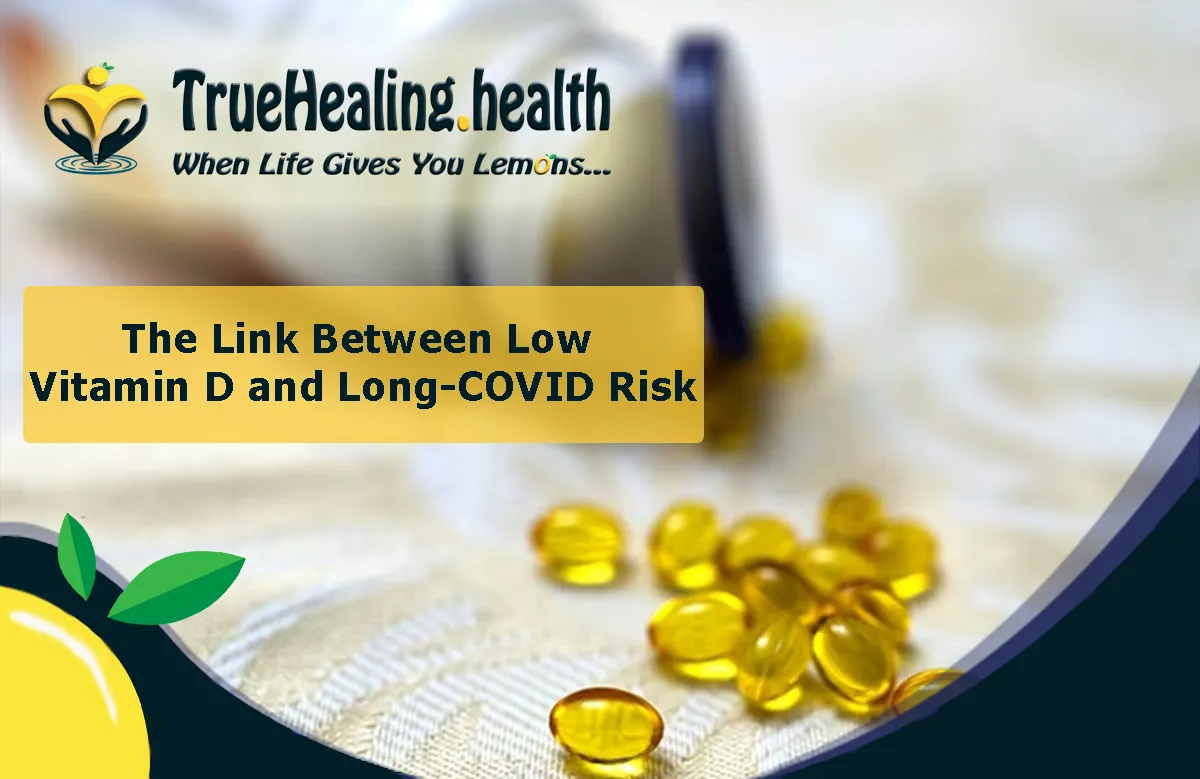
The Study:
A retrospective study focused on COVID-19 survivors, specifically those with long COVID symptoms. The study enrolled 50 long COVID patients and 50 non-long COVID subjects from an outpatient clinic post-COVID cohort. Levels of vitamin D were measured at admission and six months after discharge to assess their impact on long COVID. The study I mentioned earlier aimed to shed light on the relationship between vitamin D levels and long COVID symptoms. It included 100 participants, with 50 individuals experiencing long COVID and another 50 without prolonged symptoms.
The researchers carefully selected patients from an outpatient clinic post-COVID cohort, ensuring that the study represented a diverse range of COVID-19 survivors. To maintain the integrity of the findings, specific exclusion criteria were applied. Patients with therapies or comorbidities that could potentially affect vitamin D metabolism were excluded from the study, as were individuals who had been admitted to the ICU.
To assess the impact of vitamin D, blood samples were collected at two different time points: upon hospital admission and again six months after discharge. These samples were then analyzed to measure the levels of 25(OH) vitamin D, an indicator of vitamin D status in the body.
By comparing the vitamin D levels of long COVID patients with those of individuals without prolonged symptoms, the researchers aimed to determine whether there was a significant association between vitamin D deficiency and the persistence of COVID-19 symptoms.
The study design, with its careful selection of participants and measurement of vitamin D levels at multiple time points, provides valuable insights into the potential role of vitamin D in long COVID syndrome.
Key Findings:
- Lower Vitamin D Levels: The study found that long COVID patients had lower levels of 25(OH) vitamin D at the six-month follow-up than those without long COVID. This suggests a potential link between vitamin D deficiency and the persistence of COVID-19 symptoms.
- Neurocognitive Symptoms: Interestingly, lower vitamin D levels were mainly associated with neurocognitive symptoms in long COVID patients. These symptoms include issues with memory, focus, and mental clarity. Optimizing vitamin D levels may contribute to improving cognitive function.
- Correlations: The study also revealed negative correlations between vitamin D levels and glucose levels at follow-up. This implies that maintaining adequate vitamin D levels may positively impact blood sugar regulation, an important consideration for overall health.
Implications and Recommendations:
The implications of the study's findings are significant, emphasizing the importance of evaluating vitamin D levels in COVID-19 patients, particularly after they are discharged from the hospital. Monitoring and maintaining optimal vitamin D levels could reduce the risk and severity of long COVID syndrome.
Healthcare professionals must recognize the potential impact of vitamin D deficiency on long COVID and incorporate it into post-COVID care protocols. By routinely assessing vitamin D levels in COVID-19 survivors, healthcare providers can identify individuals at a higher risk of developing long COVID symptoms and take proactive measures to support their recovery.
Furthermore, the study suggests that vitamin D supplementation could be a valuable preventive strategy to reduce the burden of COVID-19 sequelae. By ensuring sufficient vitamin D levels in individuals at risk, such as those who have had COVID-19, healthcare professionals may be able to mitigate the long-term effects of the virus and improve overall health outcomes.
It is important to note that further research is necessary to validate these findings and explore the specific mechanisms by which vitamin D affects long COVID. Clinical trials focused on investigating the efficacy of vitamin D supplementation in preventing and managing long COVID should be conducted to provide more robust evidence.
In conclusion, this study highlights the potential role of vitamin D in the development and persistence of long COVID symptoms. Monitoring vitamin D levels and considering appropriate supplementation as part of a holistic approach to post-COVID care may offer new avenues for managing and reducing the long-term consequences of COVID-19.
We encourage individuals concerned about their health and long COVID to discuss vitamin D assessment and potential supplementation with their healthcare providers to make informed decisions about their well-being.
Holistic Approach to Long COVID Recovery:
A holistic approach to long COVID recovery recognizes the interconnectedness of various aspects of health and seeks to address them collectively. Here are some key components that can be integrated into a comprehensive, holistic program:
- Nutrition: A balanced and nutrient-rich diet supports the immune system and promotes overall health. Emphasize whole foods such as fruits, vegetables, lean proteins, whole grains, and healthy fats. Consider working with a nutritionist or dietitian to develop a personalized nutrition plan that meets your specific needs and aids in your long COVID recovery.
- Exercise and Physical Activity: Regular physical activity can help improve cardiovascular health, boost immune function, enhance mood, and reduce stress. Consult with a healthcare professional to determine an appropriate exercise routine that aligns with your current capabilities and gradually increase intensity as your strength and endurance improve.
- Stress Management: Chronic stress can negatively impact overall health and impede recovery. Explore stress management techniques such as mindfulness meditation, deep breathing exercises, yoga, or engaging in activities that bring you joy and relaxation. Integrating stress reduction practices into your daily routine can support your mental and emotional well-being during recovery.
- Sleep and Rest: Adequate sleep is crucial for the body's healing and restoration processes. Establish a regular sleep routine and create a sleep-friendly environment that promotes restful sleep. Avoid stimulating activities before bedtime, limit screen time, and create a calm and comfortable sleeping space.
- Mind-Body Practices: Consider incorporating mind-body practices such as acupuncture, aromatherapy, massage therapy, or other forms of complementary and alternative medicine that align with your preferences and comfort level. These practices can help promote relaxation, reduce pain, and support overall well-being.
- Social Support: Long COVID recovery can be physically and emotionally challenging. Seek support from family, friends, or support groups who understand your experience and can provide encouragement and empathy. Connecting with others who are going through similar challenges can help reduce feelings of isolation and provide valuable insights and coping strategies.
Remember, a holistic approach to long COVID recovery is personalized and tailored to your specific needs and circumstances. Consult with healthcare professionals, including holistic practitioners, to develop an individualized plan that considers your unique situation and goals.
Combining optimizing vitamin D levels with these holistic practices can enhance your body's resilience, support your immune system, and promote a smoother recovery from long COVID. Embrace the power of holistic care and empower yourself on your journey to long-lasting health and well-being.
Original Study: https://academic.oup.com/jcem/advance-article/doi/10.1210/clinem/dgad207/7116659
Conclusion:
In conclusion, the association between low vitamin D levels and long COVID syndrome in COVID-19 survivors highlights the importance of addressing low vitamin D levels as part of a holistic approach to recovery. By considering the findings of this study and integrating holistic practices into your recovery journey, you can support your body's healing processes and enhance your overall well-being.
Remember to consult with healthcare professionals, including holistic practitioners, who can provide personalized guidance and support. Together, you can create a comprehensive plan that encompasses nutrition, exercise, stress management, and other holistic approaches tailored to your unique needs.
Take the initiative to prioritize your health and empower yourself with knowledge. By adopting a holistic mindset and implementing the recommended strategies, you can increase your chances of a smooth and complete recovery from long COVID.
Choose the path of holistic care, nurture your body, mind, and spirit, and pave the way to optimal health and well-being. Your journey to long COVID recovery starts today.
Contact us for a complimentary call to discuss how we can help you.
Hashtags:
#LongCOVID #VitaminD #COVIDResearch #PreventionStrategies #HolisticHealth #HealthOutcomes #TrueHealing #HealthGuidance #tinevandermaas #adrianvaniersel #COVIDManagement #StayInformed




